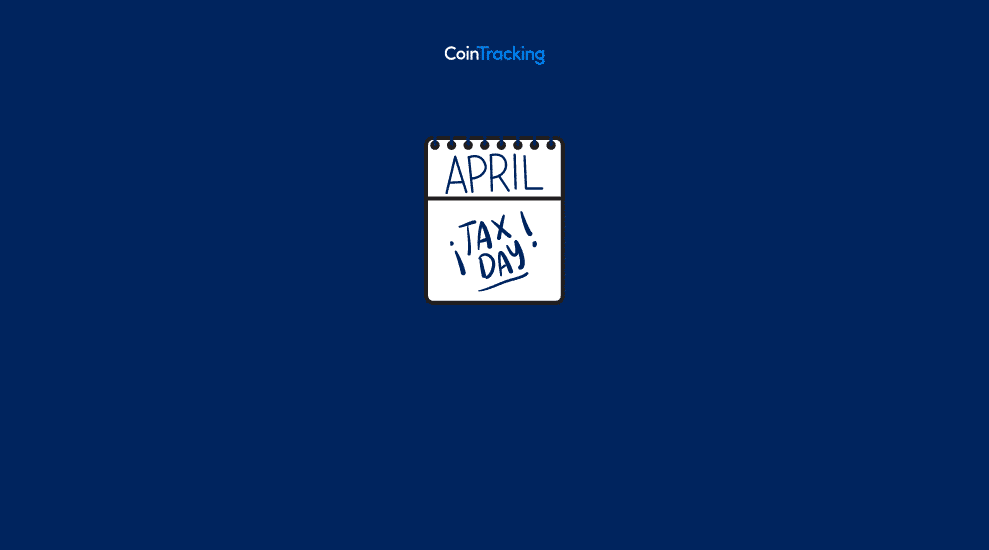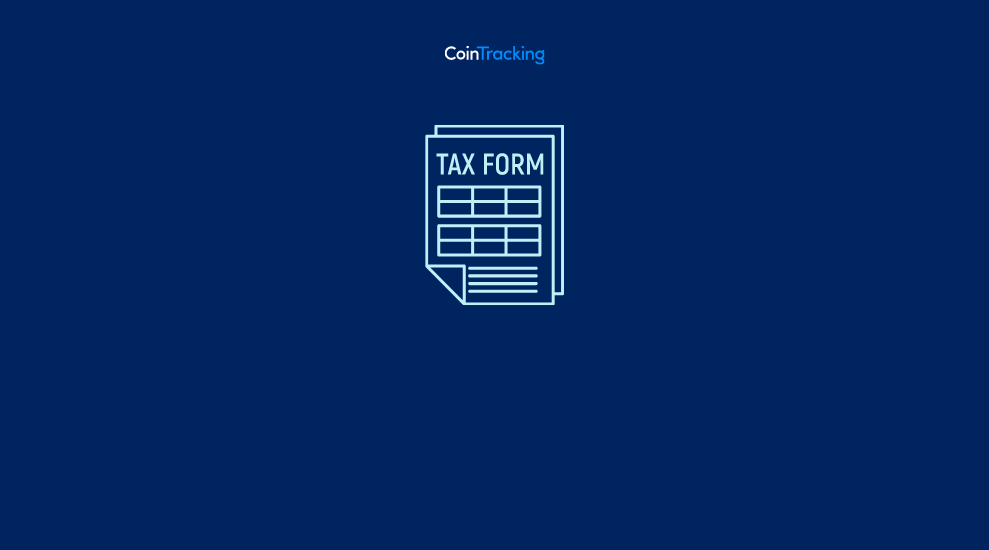How much taxes do you pay on crypto?
28 Mar, 2023 · 3 min read
You’ve traded crypto, but how much taxes do you need to pay? Depending on the nature of your crypto trades and your overall tax situation, you’ll be subject to different tax rates. It is important to understand your crypto tax reporting requirements and make sure that you are compliant.
Today, we cover how much taxes you need to pay on crypto with regard to different taxable events in the US.
Do you pay taxes on crypto?
Yes. When you trade crypto, you’ll have a taxable event, subject to capital gains taxes in the US.
Trading any cryptocurrency for FIAT or another crypto falls in the same tax scenario. Trading anything from NFTs, Metaverse land, DeFi tokens, or personal/fan tokens are also taxable events in the US, subject to capital gains taxes.
If you earn crypto in the US from receiving interest, staking rewards, salaries, airdrops, and hard forks, you’ll have a taxable event, subject to ordinary income taxes.
How much taxes do I have to pay on cryptocurrency?
The taxes you’ll pay depends on your holding period, total taxable income for the tax year, filing status, and other factors.
If you’re taxed at a short-term capital gains level, the tax rate ranges from 10% to 37%, while the long-term capital gains tax rate ranges from 0% to 20%. At the ordinary income level, the tax rate ranges from 10% to 37%.
How much taxes do you pay for short-term capital gains?
If you trade crypto and hold it for no more than 12 months before selling it, you’ll be subject to short-term capital gains tax rate for that particular trade, ranging from 10% to 37%.
The U.S. federal income tax brackets for 2022 are available here. Let’s look at an example. Imagine that you have a $100,000 salary, a crypto trade netted you a $5,000 gain (the only trade you did), and you’re filing as a single person. This will get you in the $86,376 to $164,925 tax bracket range.
How much taxes do you pay for long-term capital gains?
If you held your crypto for more than 12 months before selling it, you would be subject to long-term capital gains tax rate, ranging from 0% to 20%.
Let’s look at the same example as above. But, this time, you held that crypto for over 12 months, so your $5,000 gain will be taxed at a long-term capital gains tax rate.
In this case, you’ll fall under the income level that ranges from $40,401 to $445,850, thus subjecting you to a 15% long-term capital gain tax rate.
Do I have to pay taxes every time I sell cryptocurrency?
Yes, you’ll be taxed on every crypto trade you make during the tax year if you have a gain. You don’t pay taxes when you conduct the trade itself, but you have to determine the gain or loss on each trade, and any net gain will be subject to a short-term or long-term tax rate. You will need to make a tax payment when you file your tax return next year.
Do you have to pay taxes on crypto if you reinvest your profit?
Yes. If you sell your crypto for a gain, and reinvest the total amount or just your gain, you’ll have another taxable event when you sell your reinvestment.
Imagine that you bought bitcoin and sold it for Ethereum. That’s your first taxable event, subject to capital gains taxes. Let’s say you gained $500 in that trade. If you sell your Ethereum (any amount) for another cryptocurrency or FIAT, you’ll have another taxable event, subject to capital gains taxes.
Do you pay taxes on crypto losses?
No. If you have realized losses from your crypto trades, you don’t need to pay taxes on them. Instead, you can use the loss to offset some of your capital gains.
Traders do this with the goal of lowering their total tax bill. When they have a trade they believe won’t recover, and they have a lot of gains from other trades, they sell the losing position and use that loss to offset their gains. This strategy is called crypto tax-loss harvesting.
How can I avoid getting taxed on crypto?
You can effectively reduce your crypto capital gains in several ways, thus reducing your taxes from crypto.
For example, you can donate crypto with a substantial unrealized gain that you have held for more than 12 months to a charitable organization. In such a case, you don’t need to recognize any gain, and you can claim a charitable tax deduction for the amount of FMV of the crypto you donated.
Also, you can use crypto tax-loss harvesting or take advantage of the wash sale rule until 2023. For more ways to reduce your crypto taxes, check this guide.
Share this









